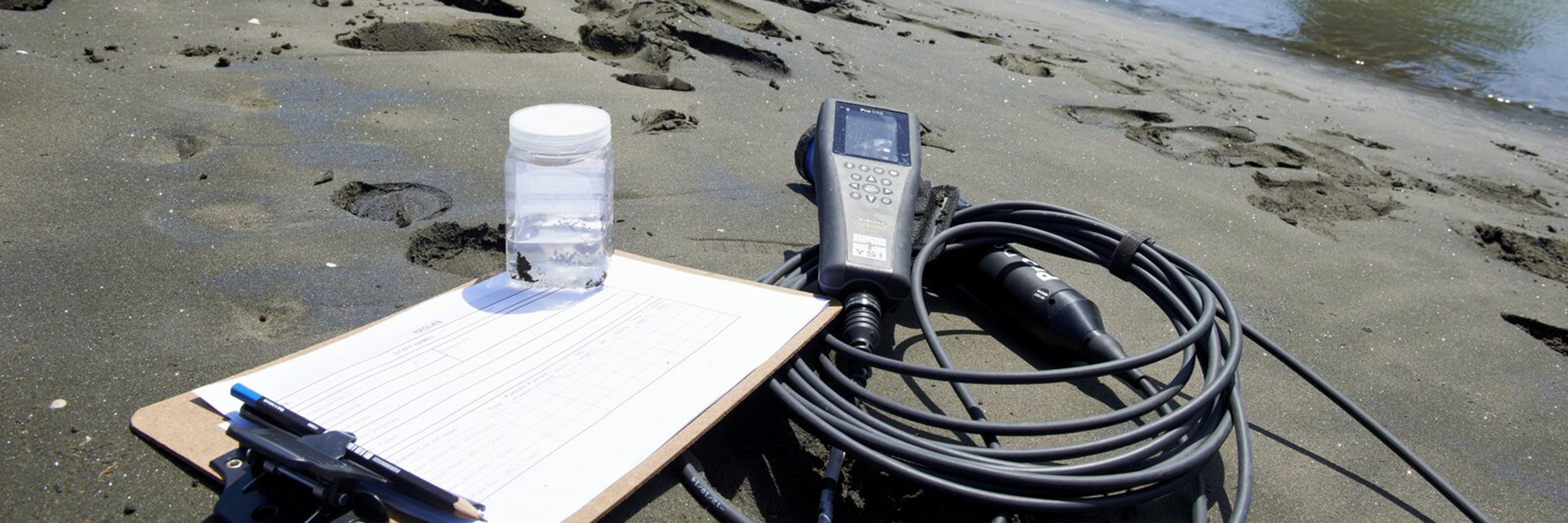Our research
We carry out targeted investigations and research to improve our understanding of the state of the marine environment. This often focuses on the impact of activities and pressures on ecosystem health, water quality in relation to human health and coastal hazards.
We often collaborate with other research agencies including Universities, NIWA, The Cawthron Institute, other councils, and central government agencies. For example, we have supported post graduate research at the University of Waikato to understand beach morphodynamics and changes in shoreline structure. Research is currently underway to investigate the diet of Canada geese through stable isotope analysis using carbon (13C) and nitrogen (15N) ratios and determine the proportion originating from marine (seagrass) and terrestrial (pasture) sources. Waikato Regional Council has also supported national research programmes including the Coastal Acidification: Rates, Impacts and Management (CARIM) project, led by NIWA, that aims to establish the rate and impacts of acidification, and inform measures to manage coastal ecosystems. Recently we have been working closely with the Sustainable Seas National Science Challenge to support Ecosystem-Based Management initiatives.
Our coastal research projects focus on understanding the individual and cumulative impacts of land use and discharges on marine water quality, the environmental effects of aquaculture, investigating impacts of climatic variability on coastal processes, investigating causes of water quality degradation, researching new technologies and methodologies to improve council's water quality data, understanding the response of coastal ecosystems to stressors, developing approaches to assess coastal ecosystem health, and investigating ways to map marine habitats.
Recent research reports
Waikato Coastal Database
The Waikato Coastal Database provides a searchable record of available coastal and marine information for the Waikato region and is a useful resource for government agencies, researchers, consultancies, and the public. The database does not contain raw data, but provides information about each dataset, including the purpose and a summary of the research.




